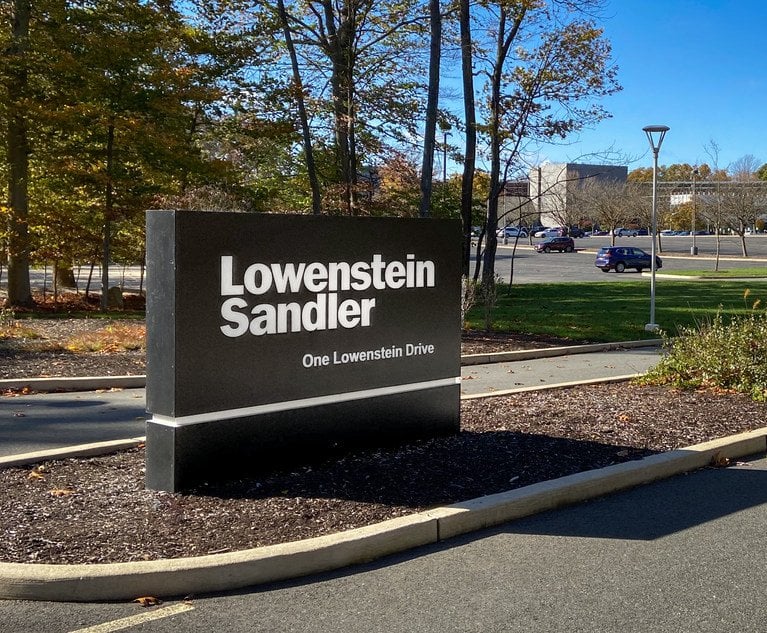The first half of 2018 has seen corporate mergers and acquisitions reach all-time highs in the United States and globally, a culmination of a strong M&A trend—exceeding $3 trillion—which has been building since 2015. With significant cash on hand as a result of rising profits in the robust post‑recession economy and favorable changes to the federal tax code, many companies are opting to accelerate their growth by purchasing other companies to acquire technology, intellectual property, assets, talent, customers and/or market share.
M&A transactions in the hospitality industry have mirrored the overall uptick in M&A activity over the last three years, with significant consolidation including the $13.3 billion acquisition by Marriott International of Starwood Hotels & Resorts Worldwide in 2016; the $1.95 billion acquisition by Wyndham Hotels & Resorts of La Quinta Holdings earlier this year; the recently closed $318 million acquisition by AccorHotels of a 50 percent equity stake in sbe Entertainment Group; and the recent public announcement by Hyatt Hotels Corp. of its intention to acquire Two Roads Hospitality for $480 million. In addition to general economic factors fueling this trend, the hospitality industry has confronted, and continues to confront, industry‑specific influences that are compelling companies to seek to merge with or acquire other hospitality companies. In particular, the hospitality industry remains highly fragmented, with no single company holding significant global market share.


 Todd Soloway and Michelle Pham
Todd Soloway and Michelle Pham




